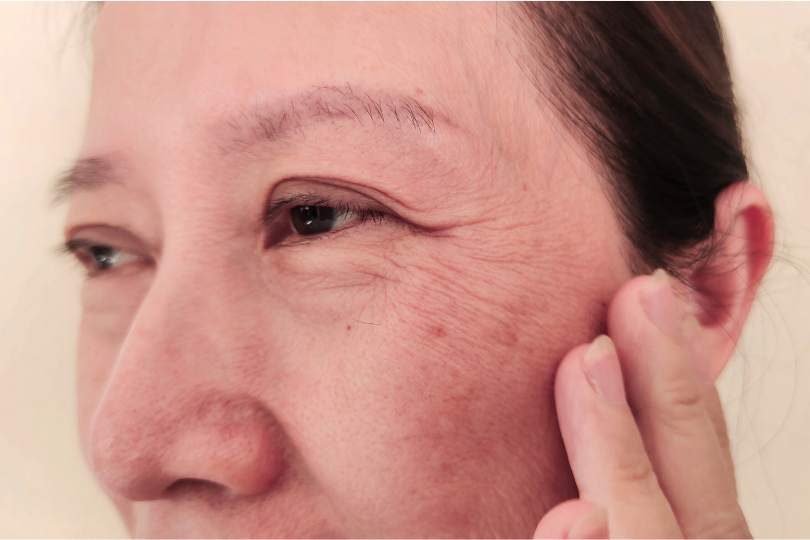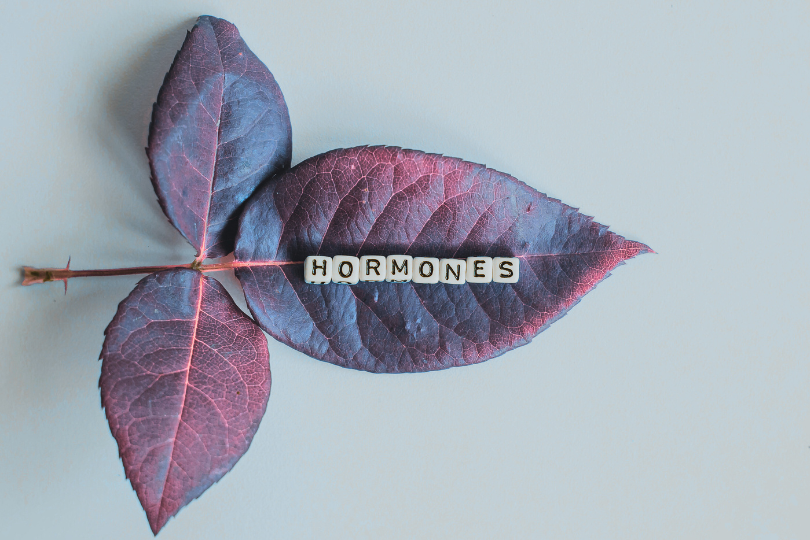Let’s be honest—sex isn’t always perfect, and some discomfort is common for many women at certain times. But how do you know if it’s normal or a sign that something’s wrong? Here’s what you need to know.
If the pain is sharp, severe, or keeps happening in similar situations, it’s not normal. Here are some possible causes:
See a doctor if:
Some discomfort during sex can be normal, like during certain positions or times in your cycle. But persistent, sharp, or recurring pain isn’t something you have to live with. Consult a doctor from the privacy of your home to get answers and find solutions. With the right help, you can enjoy a comfortable and fulfilling sex life.



If your routine suddenly feels out of step, it’s not your products, it’s your hormones. As estrogen begins to fall, the signals that keep skin strong and hydrated weaken. Dryness, breakouts, pigmentation, and slower healing start to appear, even with the same products you’ve always used. The good news: you can adapt. With smart everyday care (SPF, hydration, retinoids, vitamin C), lifestyle support (nutrition, sleep, stress), and medical options when needed (prescription treatments or hormone therapy), your skin can stay strong and healthy well into your 40s, 50s, and beyond.

No one talks about it, but perimenopause can hit in your 30s or 40s, and it’s not just about your period. Think brain fog, poor sleep, low libido. Here’s what to look out for and what you can do.

Many sexually transmitted infections can lie dormant for months or even years without symptoms. Understanding the facts — and getting tested together — can help you move forward with clarity and care.